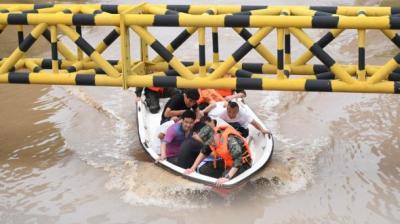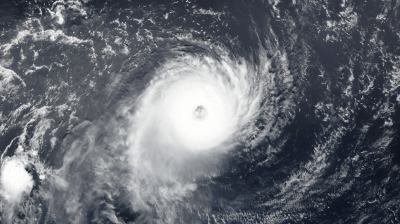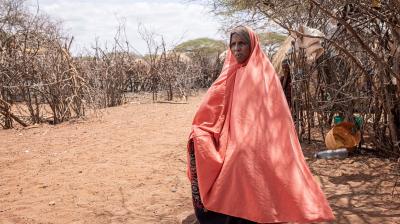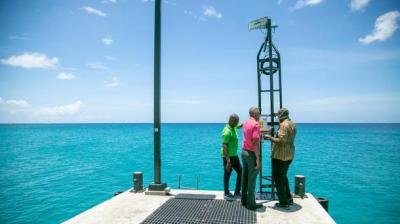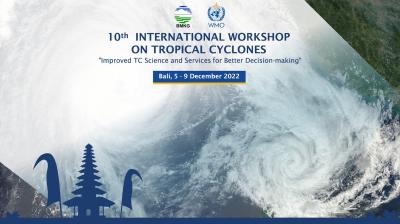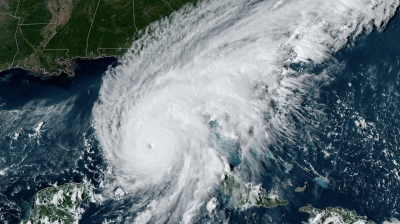WMO Updates Guidelines on Multi-Hazard Impact-Based Forecast and Warning Services
The World Meteorological Organization is updating its 2015 Guidelines on Multi-Hazard Impact-Based Forecast and Warning Services (IBFWS), which promote best practice in development of effective hydrometeorological warning systems to improve public safety.

The World Meteorological Organization is updating its 2015 Guidelines on Multi-Hazard Impact-Based Forecast and Warning Services (IBFWS), which promote best practice in development of effective hydrometeorological warning systems to improve public safety.
The 2nd edition of the guidelines will be published in late 2020 and will include six new chapters, based on recommendations from a symposium of service providers, users and funders hosted by the UK’s Met Office in December 2019. The symposium brought together participants from over 20 National Meteorological and Hydrological Services, research institutes, and international organizations including the International Federation of Red Cross and Red Crescent Societies, the World Bank, the World Food Programme and Climate Risk and Early Warning Systems (CREWS).
Each year, weather-, climate- and water-related hazards claim many lives and cause significant damage to property and infrastructure, with long-lasting socio-economic consequences. This happens in spite of accurate and timely forecasts and warnings because of lack of understanding of their potential impacts, both by civil protection/emergency management authorities and by the population at large.
The 2015 WMO guidelines are therefore based on the premise that it is no longer enough to provide a good forecast or warning of what the weather will BE. People need information on what the weather might DO, and how to ensure their safety and protect their property.
The guidelines provide practical information and case studies on how to move from weather forecasts and warnings issued by National Meteorological and Hydrological Services to the provision of multi-hazard impact-based forecast and warning services, which embraces strong collaboration with partner agencies and significant research into exposure and vulnerability.
The new edition of the guidelines will embrace the collective wisdom and lessons learned of the participants and their organisations at the December 2019 symposium to strengthen the provision of “expert Impact-Based Forecast and Warning Services oriented towards the protection of life, livelihood and property, focused on those who are most vulnerable in society, and fashioned in a clear and actionable manner.”

Additional chapters will address the following themes:
- Methodologies for acquiring and organising impact-based information.
- Risk communication practices to ensure warnings are understood and acted upon correctly.
- Coalitions to fully engage co-producers, users and other experts, including social scientists.
- Training, skills and knowledge including integration of community and traditional knowledge.
- Assessing value of impact-based services in socio-economic terms.
- Advisory experts and dialogue with users.


